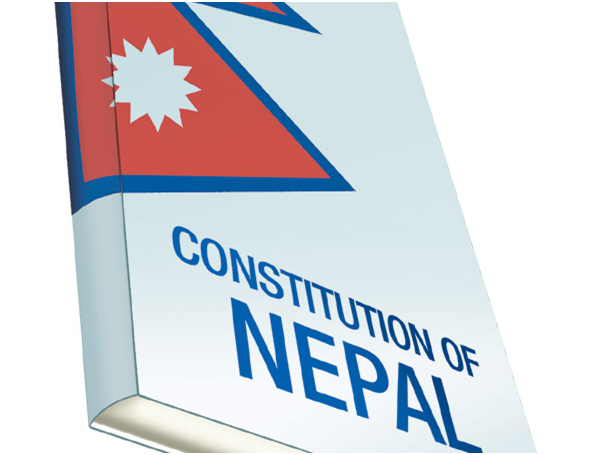The New Nepal Constitution: A Losers Document?
Exclusive and limited

NEW DELHI: Now that the draft constitution of Nepal is out for public scrutiny, it looks as if the nine year long exercise for constitution writing was a wasted opportunity. The draft constitution has postponed many important issues for a distant, yet unknown, future. The new constitution, the 6th in as many decades, lacks some of the core elements which have been the cause for chain of unrest, bloody and peaceful, in the Himalayan nations for more than a century now. No wonder various sections of Nepalese have already hit the streets to oppose it.
Padma Ratan Tuladhar, a credible ethnic face and prominent human rights activist, has described the new constitution as a ‘losers’ document’. This is because, the constitution makers, have ignored the aspirations of the Madheshi (people of the plains), dalits and major ethnic and religious groups in the draft. Since the the Gorkha king Prithvi Narayan Shah united most of the present Nepal, these groups have had a history of marginalization and exclusion.
Current constitution keeps the exclusion intact. For example, the current draft replaces the word ‘proportional representation’ for marginalized communities in interim constitution with ‘inclusive’ participation. This means that the communities will be ensured participation without any promised representation. It further exposes the communities to the competition where they, due to historical reasons, are in disadvantage.
Similarly on the issue of religious freedom the drafters have shown their disdain for individual’s wisdom. The new constitution states that each person shall be free to profess, practice, and preserve his/her religion according to his/her faith, and distance himself/herself from any other religion nevertheless it criminalizes the religious conversion by putting a condition i.e. it categorically states, ‘no person shall act or make others act in a manner which is contrary to public health, decency and morality, or behave or act or make others act to disturb public law and order situation, or convert a person of one religion to another religion, or disturb the religion of other people. Such an act shall be punishable by law.’ The constitution is inconsistent with the article 18 of the Universal Declaration of Human Rights which gives every human being freedom to change his religion or belief.
The above argument has to be understood in the current political and social context of Nepal. In last few years, Nepal is being sharply divided on religious lines. Post Monarchy there has been many fold increase in efforts to blunt the democratic aspirations of people by polarizing them on religious line. The political parties, including the Maoists, are unnecessarily debating the word secularism in the draft. They are infusing xenophobia in the citizens’ psyche. Even the Maoist leaders Prachand has misinterpreted the word secularism and agreed to find a ‘suitable’ replacement. In an interview to Outlook Hindi Prachanda said that he was against ‘forceful conversion because spread of Christianity in Nepal is dangerous.’ He didn’t define how.
Likewise, the constitution is also ambiguous on federalism, land reform and other issues including gender rights. These are the issues that should have not been left for future. It is widely believed that the current constituent assembly has been hijacked by the forces which were fought against to create it. Nepal has seen many violent uprisings in the past. Nepali leaders ought to understand that keeping the status quo won’t help in future either. For last nine years, the Constitution Assembly could never show that it was serious in resolving the contentious issues through serious debates. Every major compromise was achieved outside the assembly in often questionable negotiations.
Those who know about 1990 movement, also known as People Movement I, that resulted in end of absolute monarchy and making of a new constitution could see that the present exercise was no different. Then too in the name of compromise the leaders betrayed the most marginalized and exploited people. That betrayal pushed Nepal to the bloodiest civil war for a decade which ultimately broke the economy and society. It was hoped that the leaders would understand the past mistakes and address the core issues that has caused unrests in regular intervals. Unfortunately they didn’t.
Nepal today stands at square one. It has lost a good opportunity to move on the path of peaceful growth. The leaders may take a deep breath for now and think of themselves as heroes but future certainly will be not very kind to them. They have repeated the same mischief for which they have been punished time and again. It now looks obvious that their reluctance to not learn for the past would cost Nepal dearly.



